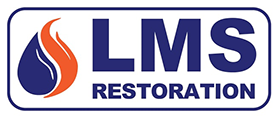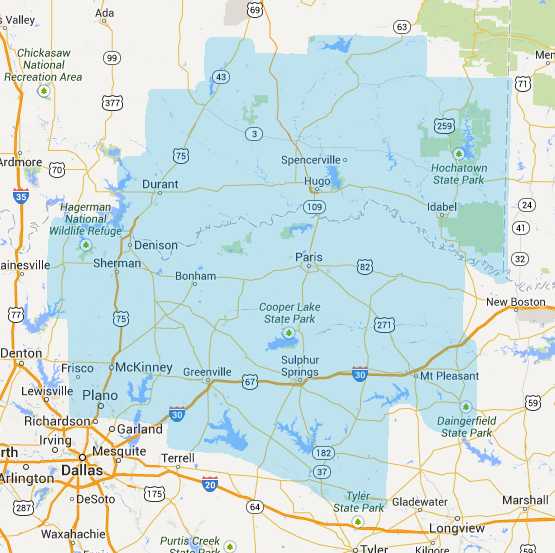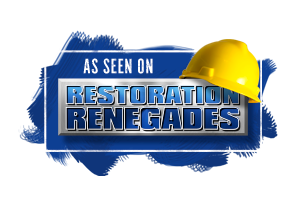Since - 1997
- Call now for a
- Free Estimate
- 903-229-4846 NE TX
- 281-572-8798 Houston
Important Fire Safety Tips for Homeowners

Your home in Paris, Texas, is supposed to be a place where you can feel safe and secure from the dangers of the outside world. However, your home can also be a perilous place because of fire hazards that you might not even be aware of.
The National Fire Protection Association (NFPA) notes that between 2007 and 2011, some 366,600 cases of home structure fires were reported in the United States. Fire departments all over the country fought bravely against these domestic fires, but the accidents still took the lives of more than 2,500 people and injured more than 13,200 others per year. Furthermore, they also resulted in $7.2 billion of damage to properties annually.
As one of the leading fire, smoke, and soot damage restoration companies in Paris and surrounding areas in Texas and Oklahoma, LMS Restoration is committed to promoting fire safety awareness in our community.
If you are a homeowner and would like to keep your family safe from the dangers of fire accidents, please read our short list of fire safety tips below.
Fire safety in the kitchen
- The use of cooking equipment caused 43% of home structure fires, as well as 38% of civilian injuries and 16% of civilian deaths due to domestic fires between 2007 and 2011.
- Never cook when you are sleepy, are drunk, or have taken medicine that has made you drowsy.
- Never douse a grease fire with water. Due to the heat, the water will quickly evaporate, causing boiling grease and fire to blow in every direction. Extinguish the fire by covering the pan with a lid instead.
- Don’t place combustible items like kitchen washcloths and cooking mittens near the kitchen stove flames.
Fire safety with heating equipment
- The use of cooking equipment caused 16% of home structure fires, as well as 12% of civilian injuries and 19% of civilian deaths due to domestic fires between 2007 and 2011.
- Fire heating equipment include space heaters, fireplaces, chimneys, chimney connectors, central heating systems, and water heaters.
- Make sure to clean fireplaces and chimneys regularly to prevent the accumulation of combustible residues.
- Never place combustible materials near any heating equipment. Rugs, carpets, curtains, clothing, and bedding materials are just some of these.
Electrical distribution and lighting equipment
- Electrical fires caused 6% of home structure fires, 13% of civilian deaths from home structure fires, and 7% of civilian injuries from home structure fires between 2007 and 2011.
- Be aware of anomalies happening to your electrical system. If you notice lights flickering, circuits breaking, and fuses blowing regularly, something could be seriously wrong with your system. Also look out for disfigured and discolored outlets, or switches and outlets that heat up constantly.
- Have your wirings and lighting equipment serviced by an electrician on a regular basis.
Cigarettes
- Only smoke outdoors whenever possible.
- Use ash trays that are deep and sturdy.
- Don’t throw cigarette butts into the trashcan without putting them out first. Use water or sand to douse lit cigarettes to make sure that they are put out.
- Never smoke when you are sleepy, intoxicated, or have taken medicine that has made you drowsy.
Dryers and washing machines
- Make sure that your equipment is regularly cleaned and serviced by a professional technician.
Candles
- Put out candles before sleeping or going to bed.
- Never leave candles unattended.
- Don’t put a candle on a combustible surface. Likewise, never surround it with inflammable materials.
- Use candle lanterns to keep your candles in.
Juvenile firesetting
- Educate your kids regarding the dangers and legal consequences of playing with fire.
- Get help from a professional counselor if your child is regularly engaging in firesetting activities.
- With the right knowledge, you can keep your family safe from the dangers of fire accidents.






